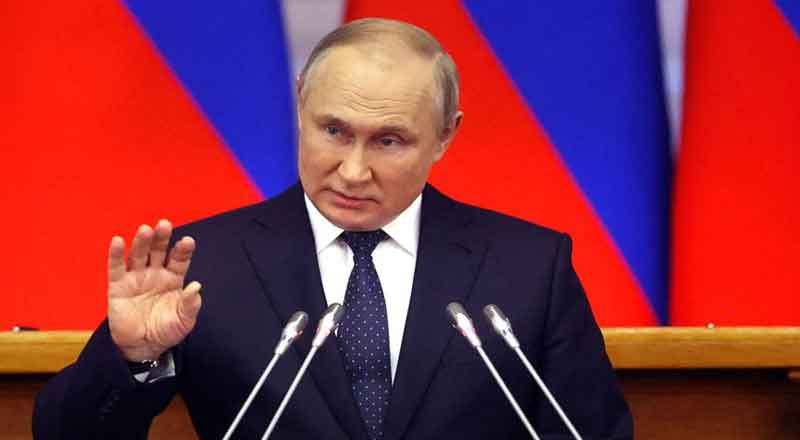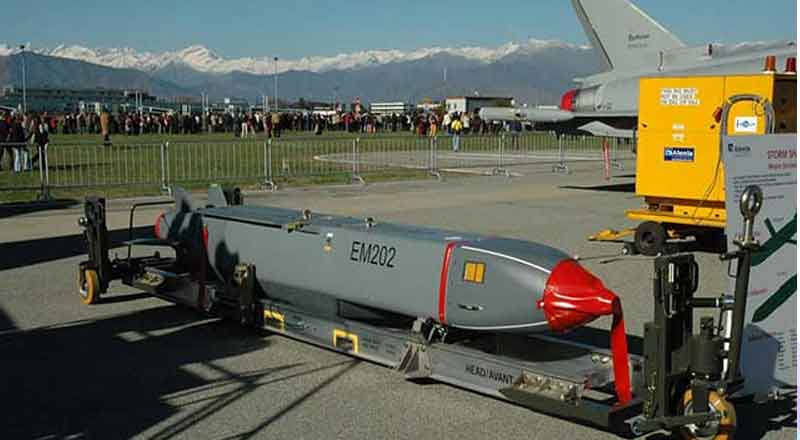- Russian missiles strike Odesa for the second night in a row.
- Ukraine said 63 missiles and drones had been launched, of which 37 had been shot down.
- Russia said it had hit military targets in two Ukrainian port cities overnight as “a mass revenge strike” for the attack on the Crimean Bridge.
- Ukrainian official says Moscow seeks to prevent grain exports.
- Moscow left the grain deal but Kyiv considering exports anyway.
- For Ukraine’s part, “we are fighting for global security and for our Ukrainian farmer” and working on options to keep commitments on food supply
Russia launched an extensive air attack on the Ukrainian city of Odesa for a second night in a row, but authorities vowed not to be intimidated by the “hellish” onslaught from working to keep grain exports moving from its ports. The attack was “very powerful, truly massive”, a spokesperson for the Odesa military administration, said in a voice message.
Ukraine’s air force said 63 missiles and drones had been launched across the country by Russia in the overnight attack, of which 37 had been shot down — a lower proportion than usually reported after attacks over the past months. The air force said the attack’s main focus was infrastructure and military facilities in the Odesa region. Odesa’s three ports were the only ports operating in Ukraine during the war under the Black Sea Grain Initiative, an agreement which Moscow withdrew from. Russia has since conducted two major bombardments of the city.
Ukrainian presidential adviser Mykhailo Podolyak said Russia was deliberately targeting grain terminals and port infrastructure. The attacks on Odesa followed a pledge of retaliation by Russia after a blast on a bridge linking Russia to the Crimean Peninsula on Monday that Moscow blamed on Ukraine.
Ukraine’s southern command said warehouses in Odesa storing tobacco and fireworks were also hit. Most of Ukraine was under air raid alerts on and off starting soon after midnight on Wednesday, with Russia striking other places, including Kyiv, targeted with drones. On Tuesday, Russia’s Defence Ministry said it had hit military targets in two Ukrainian port cities overnight as “a mass revenge strike” for the attack on the Crimean Bridge.
At the United Nations on Tuesday, U.N. spokesman Stephane Dujarric said there were a “number of ideas being floated” to help get Ukrainian and Russian grain and fertilizer to global markets. Moscow’s decision raised concern primarily in Africa and Asia of rising food prices and hunger.
The Black Sea deal was brokered by the U.N. and Turkey in July last year to combat a global food crisis worsened by Russia’s February 2022 invasion of Ukraine and its blockade of Ukrainian ports. The two countries are among the world’s top grain exporters.
For Ukraine’s part, “we are fighting for global security and for our Ukrainian farmer” and working on options to keep commitments on food supply, President Volodymyr Zelenskiy said in his nightly video address on Tuesday.
Moscow spurned calls from Ukraine to allow shipping to resume without Russian participation, with the Kremlin openly saying ships entering the area without its guarantees would be in danger.
Russia says it could return to the grain deal, but only if its demands are met for rules to be eased for its own exports of food and fertilizer. Western countries call that an attempt to use leverage over food supplies to force a weakening in financial sanctions, which already allow Russia to sell food.
(With inputs from agencies)





